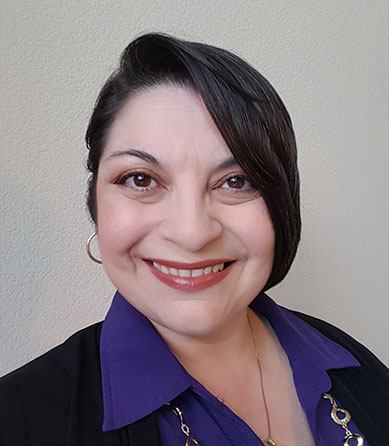Xochitl (So-Cheel) Dixon, author of Waiting for God: Trusting Daily in God’s Plan and Pace, has a heart for intercessory prayer and enjoys being rooted in Scripture while growing with God’s people. With more than 20 years experience ministering to children, teens, and women, Xochitl now crosses generational and cultural boundaries internationally through her contributions to Our Daily Bread, God Hears Her, and her social media platforms. Her service dog Callie is featured in all her children’s books, including the 2021 ECPA Christian Book Award Finalist, Different Like Me (2020) and Diferente como yo (2022), both which are published by Our Daily Bread Publishing. Xochitl has two recent picture books released by WaterBrook and Multnomah Kids, including What Color is God’s Love? She celebrates the differences and sameness of God’s beautifully diverse and purposefully connected image-bearers, while serving as an advocate for disability awareness, inclusion, and equity. Though she suffers from chronic pain, fatigue, and limited mobility due to an upper thoracic back injury that occurred in 1992, Xochitl spreads the gospel and inspires others to love God and others with Spirit-empowered courage, confidence, and joy. She comes alongside readers around the world with vulnerability and transparency, sharing the truths of Scripture in life-applicable and relevant ways. Xochitl has been married to her best friend, Dr. W. Alan Dixon Sr., since 1994. They live in Northern California and have two sons, two daughter-in-loves, and seven grandchildren. You can connect with Xochitl and Callie the Service Dog at www.xedixon.com.
